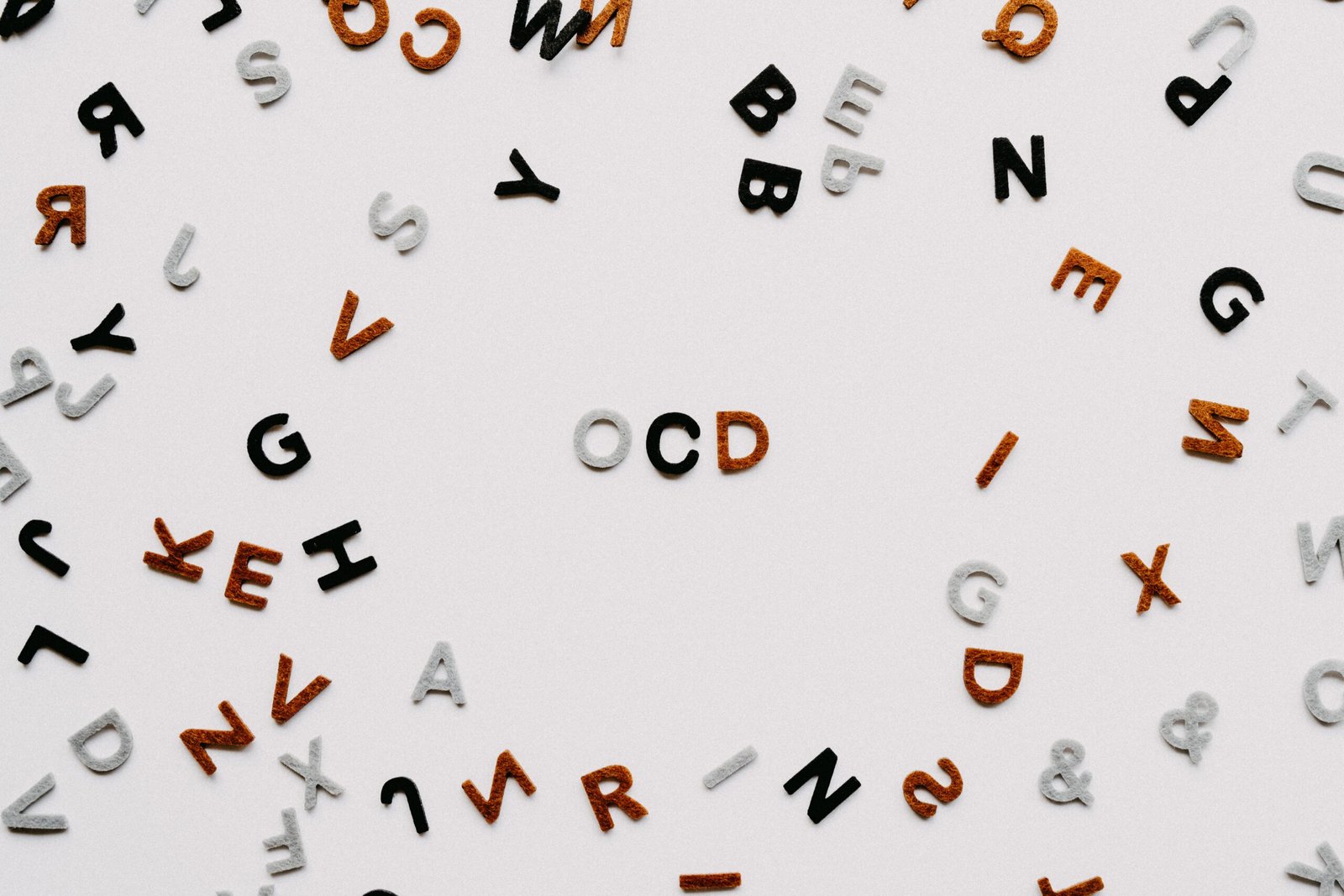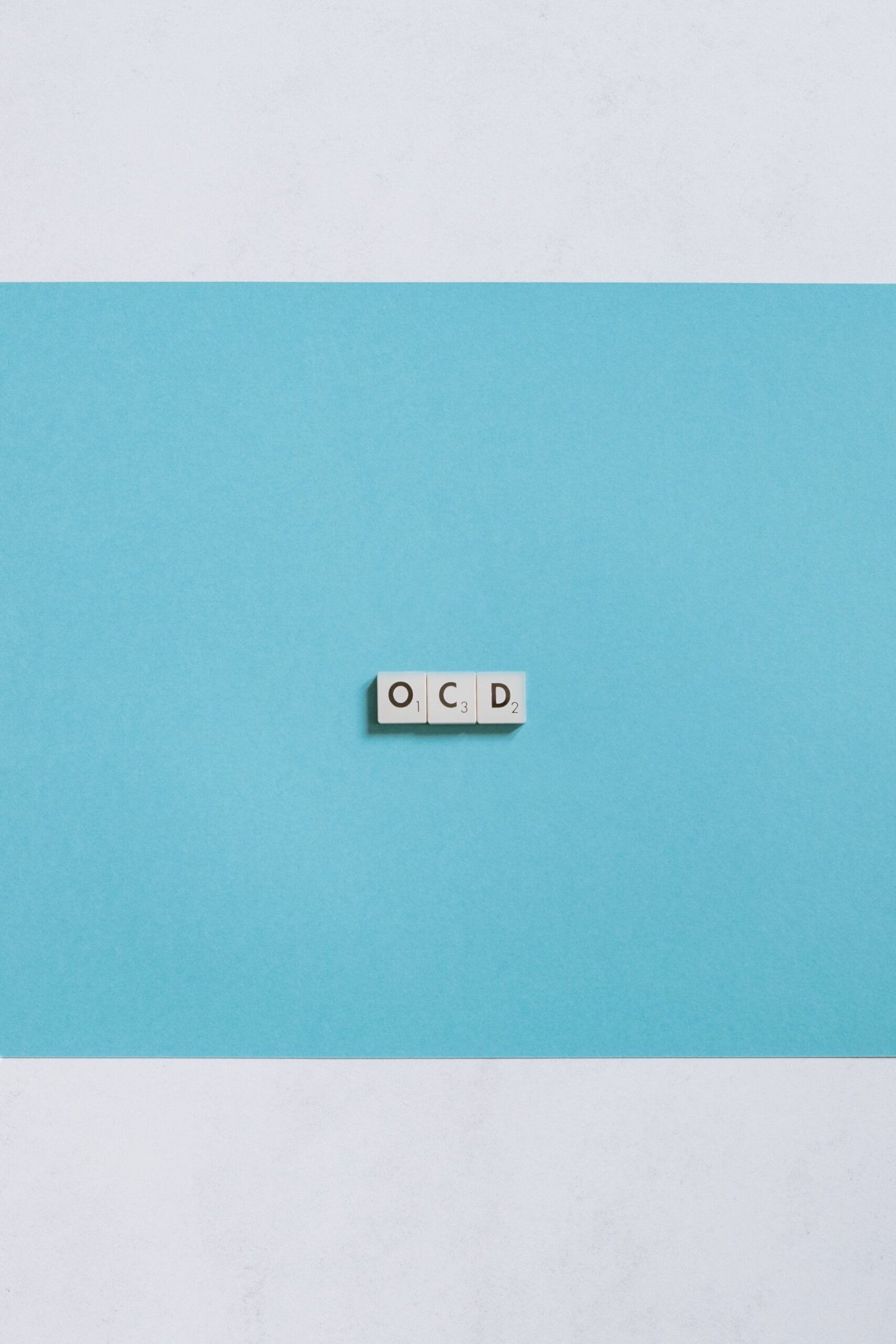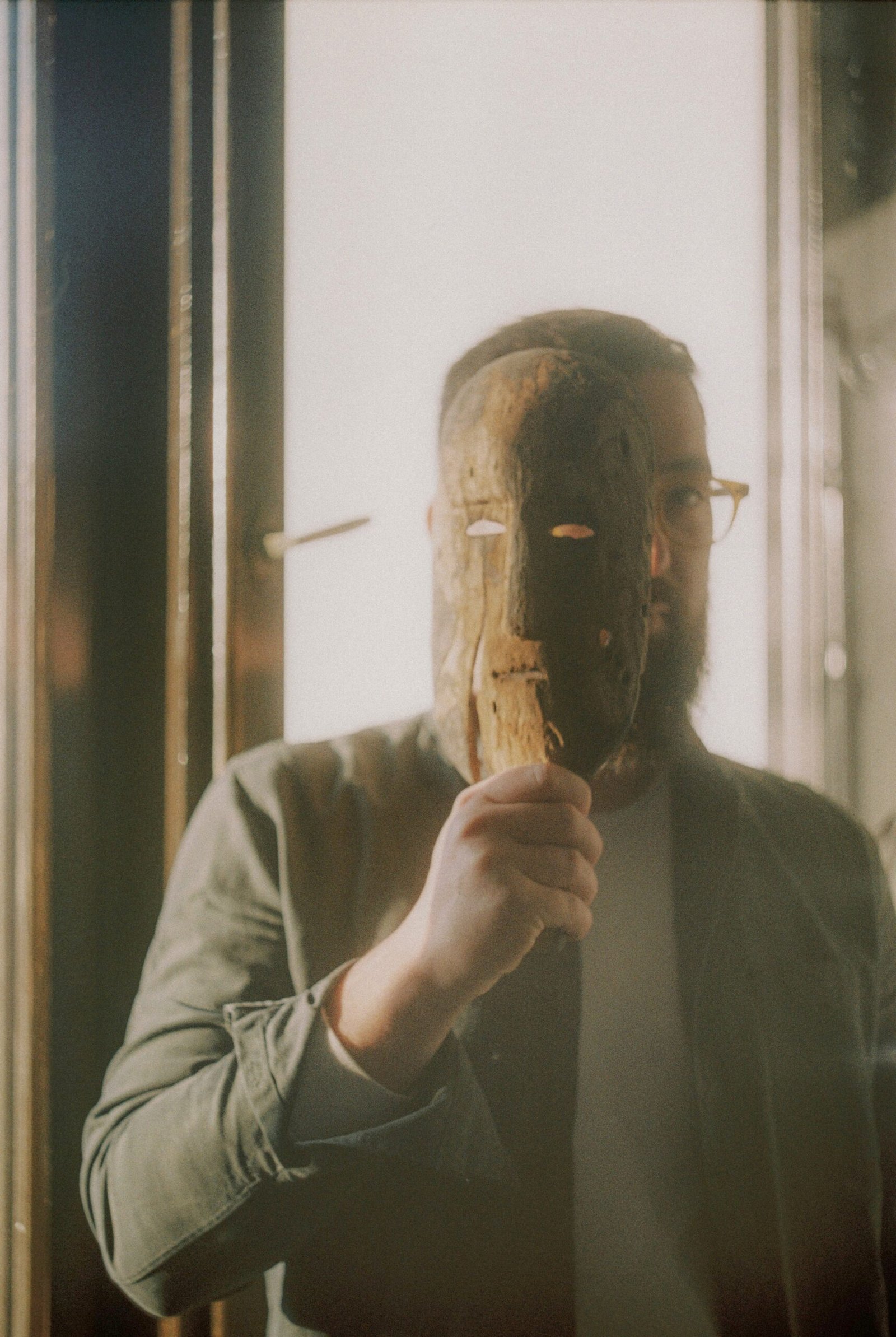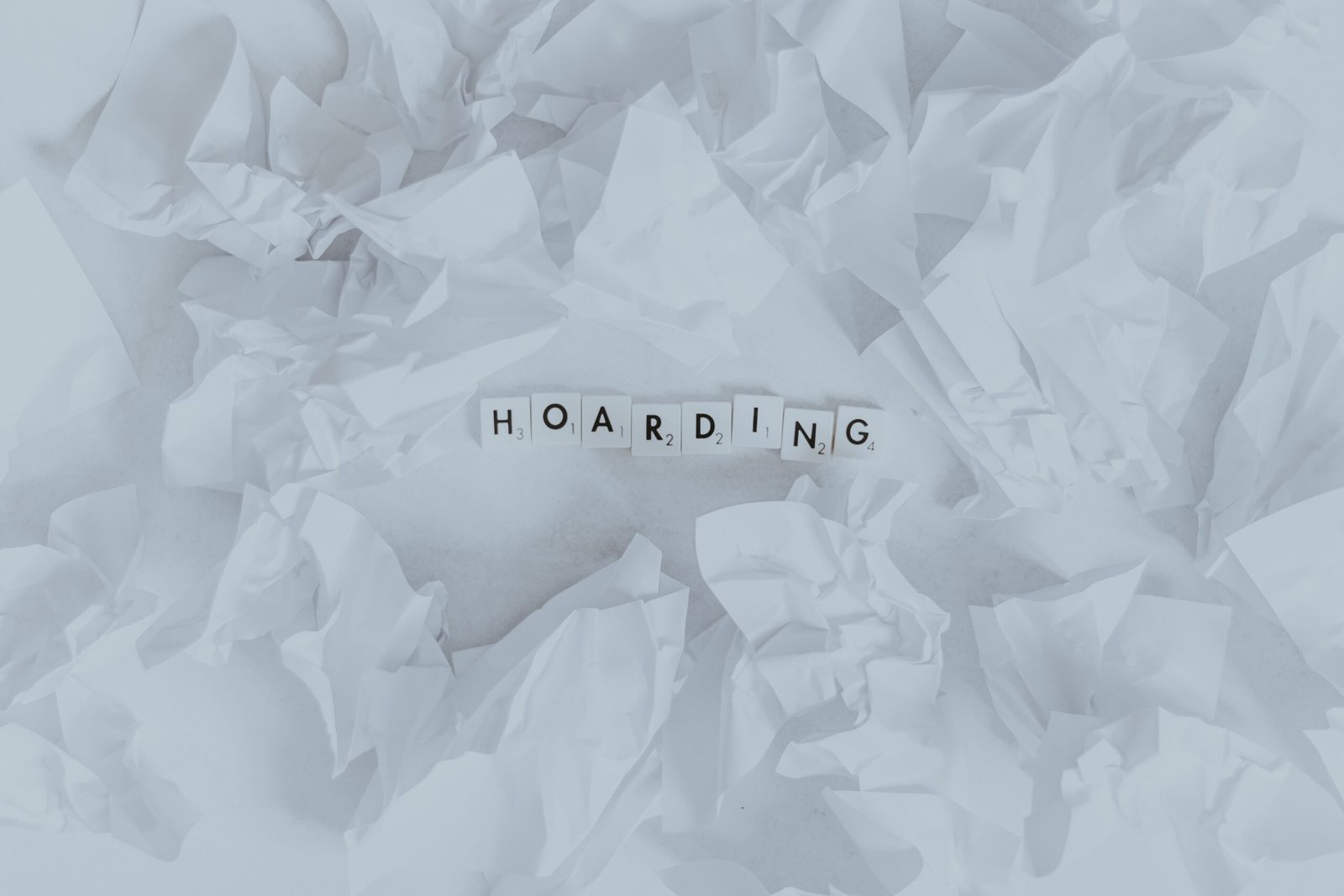Introduction
Living with a spouse who has obsessive-compulsive disorder (OCD) can be challenging, but with the right understanding and support, you can navigate this journey together. In this blog post, we will explore effective strategies for coping with your partner’s OCD, incorporating recent trends and insights into the discussion. By implementing these techniques, you can strengthen your relationship and provide the support your spouse needs.
1. Educate Yourself
One of the first steps in coping with your spouse’s OCD is to educate yourself about the disorder. Understand the nature of OCD, its symptoms, and how it affects your partner’s daily life. Stay updated on the latest research and treatment options to ensure you have accurate information.
For example, recent studies have shown that OCD is not just about cleanliness or organization. It can manifest in various ways, such as intrusive thoughts, compulsive rituals, or even hoarding tendencies. By understanding these nuances, you can better empathize with your spouse’s experiences.
2. Communicate Openly
Effective communication is crucial when supporting a spouse with OCD. Encourage open and honest conversations about their thoughts, fears, and triggers. Create a safe space where they feel comfortable sharing their struggles without judgment.
For instance, you can ask questions like, “How can I best support you during challenging times?” or “What coping mechanisms have you found helpful in the past?” By actively listening and showing empathy, you can strengthen your connection and foster a deeper understanding of their needs.
3. Establish Boundaries
While supporting your spouse, it’s essential to set healthy boundaries to maintain your own well-being. Understand that you cannot control or fix their OCD, but you can provide support without enabling their compulsions.
For instance, if your spouse seeks reassurance repeatedly, gently explain that constant reassurance may reinforce their anxiety. Encourage them to work with a therapist to develop healthier coping strategies. By finding a balance between support and boundaries, you can create a more sustainable environment for both of you.
4. Encourage Professional Help
Seeking professional help is crucial in managing OCD. Encourage your spouse to consult with a mental health professional experienced in treating OCD. Therapy, such as cognitive-behavioral therapy (CBT) or exposure and response prevention (ERP), can be highly effective in reducing symptoms and improving their quality of life.
Stay informed about the latest treatment options and therapies that have shown promising results. Research indicates that newer approaches, such as acceptance and commitment therapy (ACT) and mindfulness-based interventions, can complement traditional treatments and enhance overall well-being.
5. Foster a Supportive Environment
Create an environment that supports your spouse’s recovery journey. This involves understanding their triggers and making necessary adjustments to minimize stressors. For example, if certain situations or environments exacerbate their OCD symptoms, work together to find alternatives or develop strategies to manage those triggers.
Additionally, involve your spouse in activities that promote relaxation and stress reduction. Encourage them to engage in hobbies, exercise regularly, and practice self-care. By fostering a supportive environment, you can help alleviate some of the challenges associated with OCD.
FAQs
Q: Can OCD be cured?
A: While there is no known cure for OCD, it can be effectively managed through therapy, medication, and lifestyle changes. With proper treatment and support, individuals with OCD can experience significant improvement in their symptoms and overall well-being.
Q: How can I support my spouse without enabling their OCD?
A: Supporting your spouse without enabling their OCD involves setting boundaries and encouraging them to seek professional help. Avoid participating in their compulsions or providing reassurance that reinforces their anxiety. Instead, focus on providing emotional support and encouraging healthy coping mechanisms.
Q: Is OCD a sign of weakness?
A: No, OCD is not a sign of weakness. It is a mental health disorder characterized by intrusive thoughts and repetitive behaviors. It is essential to approach OCD with empathy and understanding, recognizing that it is not a personal choice or a reflection of one’s strength.
Q: Can OCD affect relationships?
A: Yes, OCD can impact relationships, as it may cause stress, misunderstandings, and challenges in daily life. However, with education, communication, and support, couples can navigate these difficulties and build stronger, more resilient relationships.
Q: Are there any online support groups for spouses of individuals with OCD?
A: Yes, there are various online support groups and forums where spouses of individuals with OCD can connect, share experiences, and seek advice. These platforms can provide a sense of community and understanding, offering valuable support for both spouses and individuals with OCD.
Tips for Supporting Your Spouse with OCD
- Be patient and understanding, as recovery from OCD takes time.
- Encourage your spouse to practice self-care and engage in activities they enjoy.
- Avoid criticizing or shaming your spouse for their OCD symptoms.
- Attend therapy sessions together to gain a better understanding of their treatment process.
- Learn relaxation techniques that can help both you and your spouse manage stress.
Conclusion
Coping with a spouse’s OCD requires patience, understanding, and a commitment to supporting their well-being. By educating yourself, communicating openly, and encouraging professional help, you can create a supportive environment that fosters their recovery. Remember, you are not alone in this journey, and with the right strategies, you can navigate the challenges of OCD together.
Call to Action
If you found this article helpful, please consider sharing it with others who may benefit from this information. Together, we can create a supportive community for individuals and their loved ones living with OCD.









